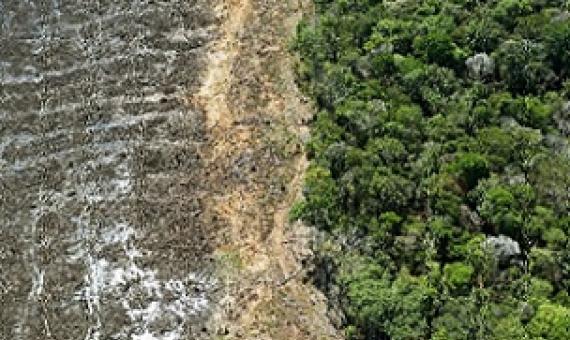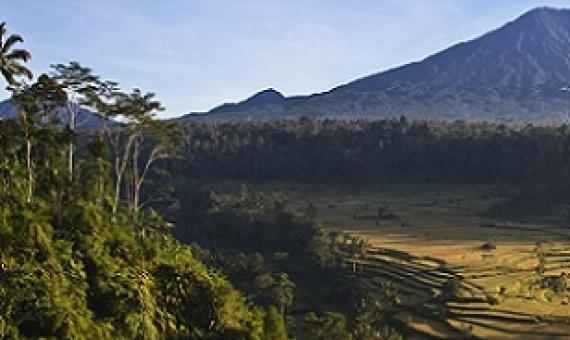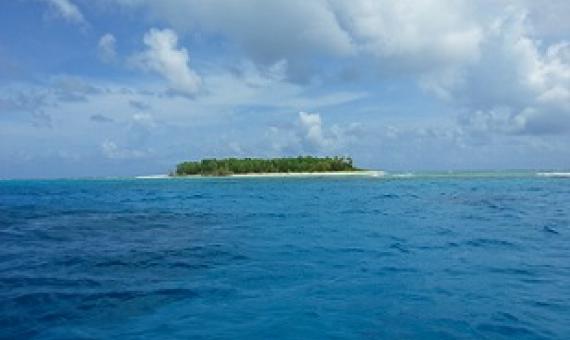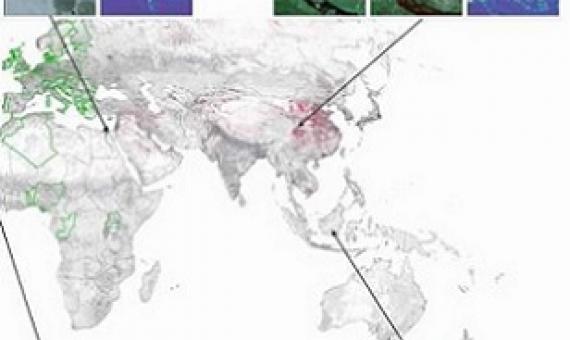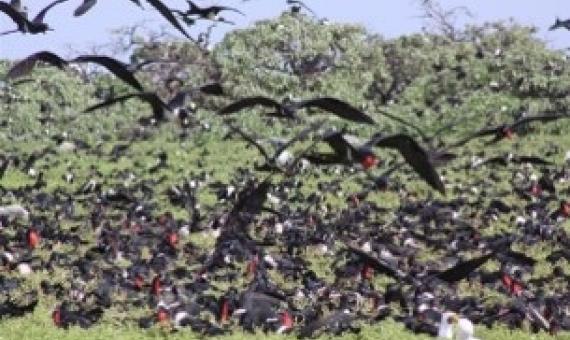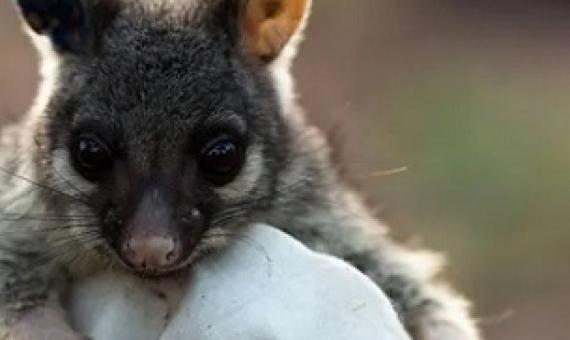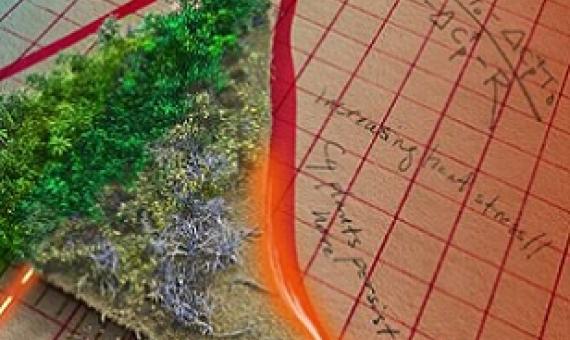Whether it's turning forests into cropland or savannah into pastures, humanity has repurposed land over the last 60 years equivalent in area to Africa and Europe combined, researchers said Tuesday.
Since the 1960s, conservationists have had a standard solution for saving biodiversity: Protect natural areas from human influence.
Greater understanding of the ocean is essential if the world is to recover better from the COVID-19 pandemic and achieve agreed targets on sustainable development and climate action, UN Secretary-General António Guterres said on Wednesday in launching a major study on what he called “the life sup
The coronavirus pandemic has led researchers to switch gears or temporarily abandon projects due to health protocols or not being able to travel.
Human activities and climate change threaten marine biodiversity worldwide, though sensitivity to these stressors varies considerably by species and taxonomic group.
If animals were free to breed and roam without the impedance of human manipulations—from our urban developments to our agricultural fields—the face of the Earth would look very different...In an article published in Ecological Indicators, the authors suggest understanding a species’
Minimizing cross-realm threats from land-use change: A national-scale conservation framework connecting land, freshwater and marine systems
There is a growing recognition that conservation strategies should be designed accounting for cross-realm connections, such as freshwater connections to land and sea, to ensure effectiveness of marine spatial protection and minimize perverse outcomes of changing land-use. Yet, examples of integration across realms are relatively scarce, with most targeting priorities in a single realm, such as marine or freshwater, while minimizing threats originating in terrestrial ecosystems.
Human activity is fundamentally altering the distances the world’s animals need to move to live, hunt and forage, according to a study that examined the impact on more than 160 species across six continents.
Earth's ability to absorb nearly a third of human-caused carbon emissions through plants could be halved within the next two decades at the current rate of warming, according to a new study in Science Advances by researchers at Northern Arizona University, the Woodwell Climate
Just as writers and artists today are responding to the Anthropocene through climate fiction and eco art, earlier generations chronicled an environmental crisis that presaged humanity’s global impact.

